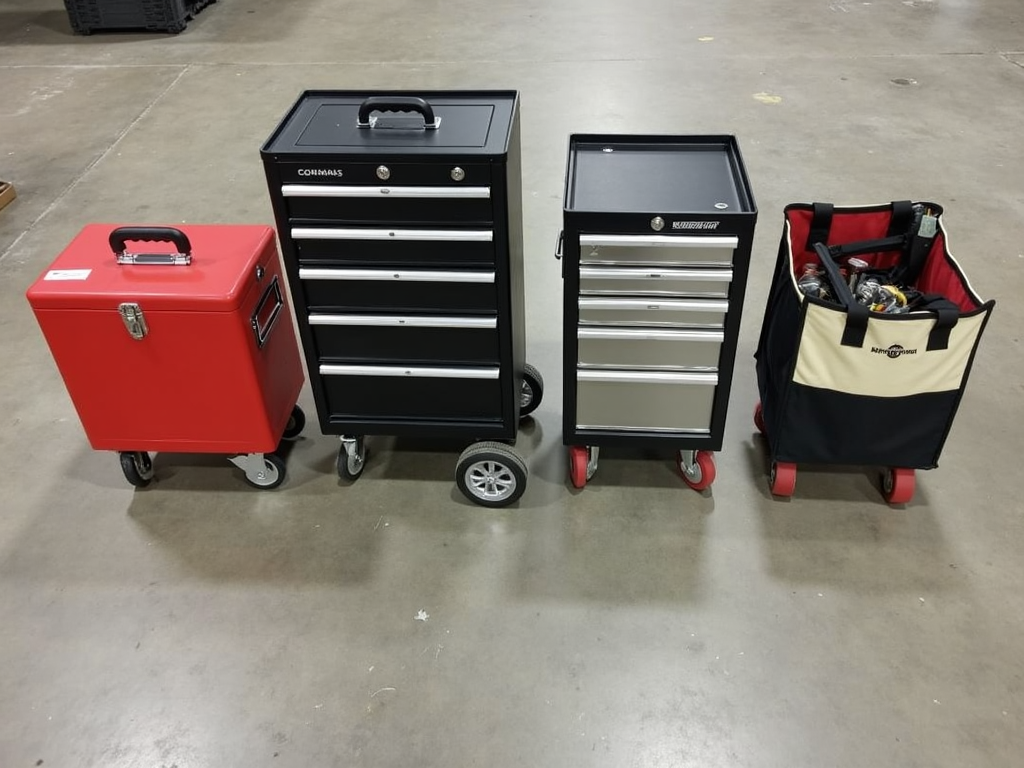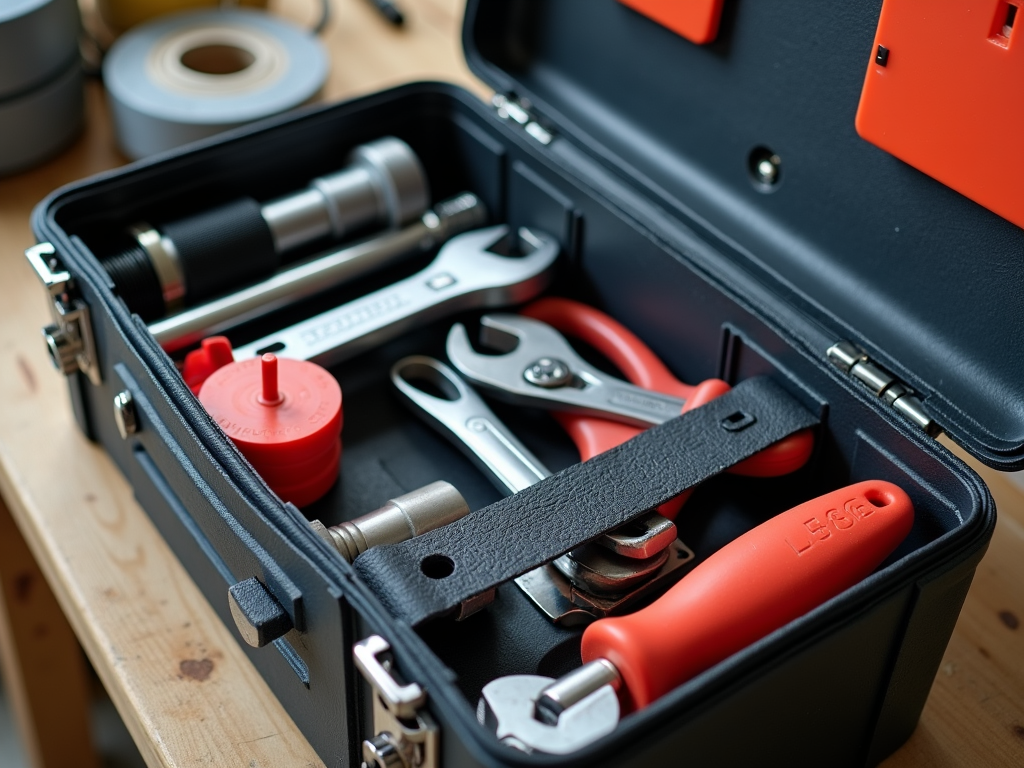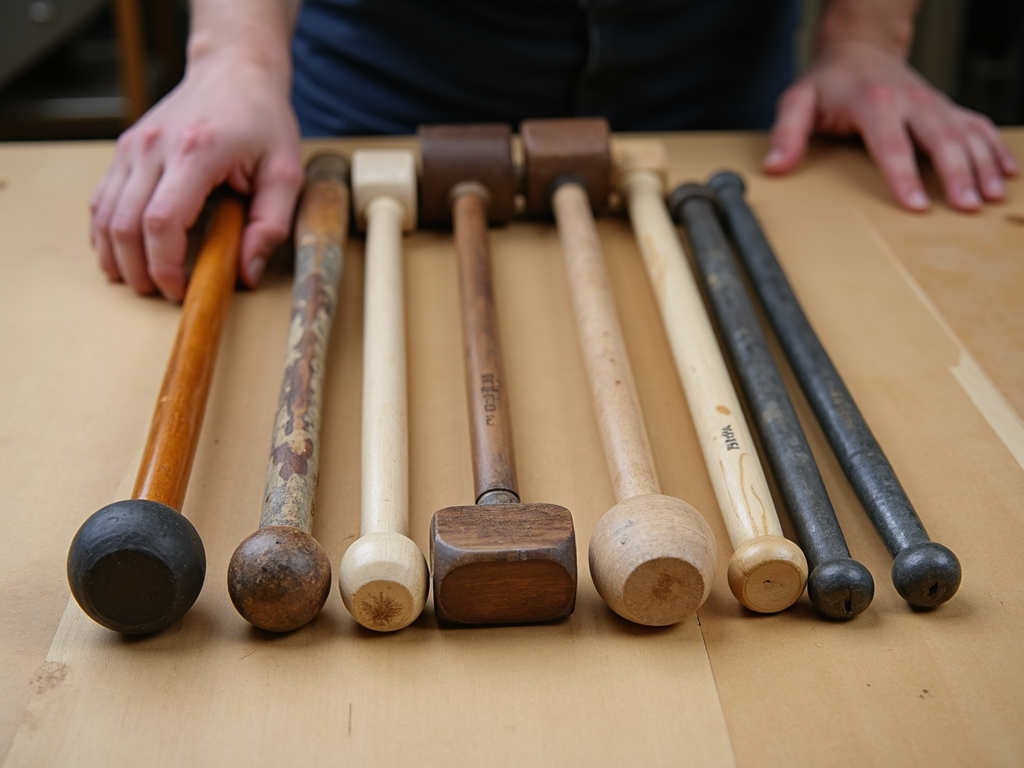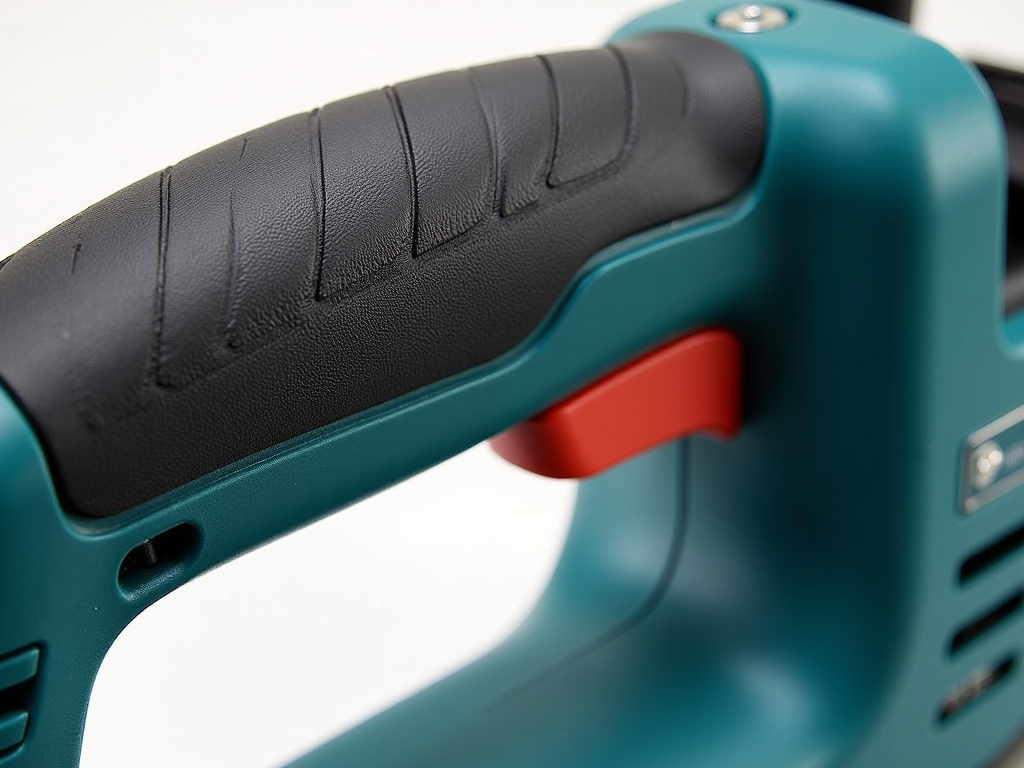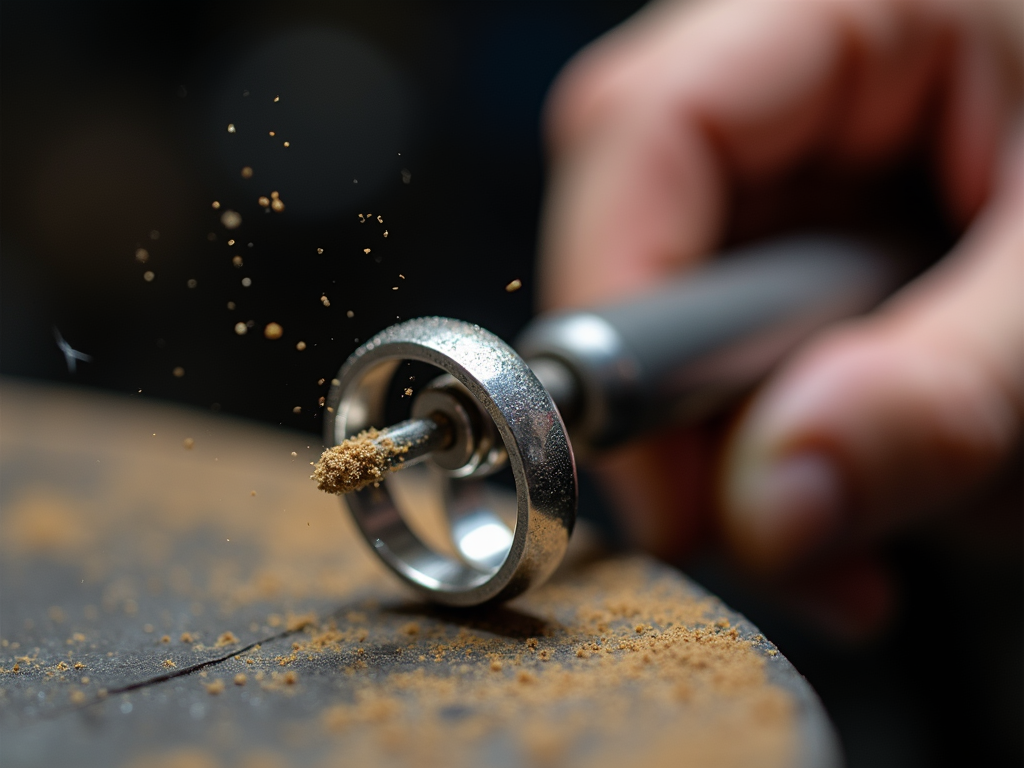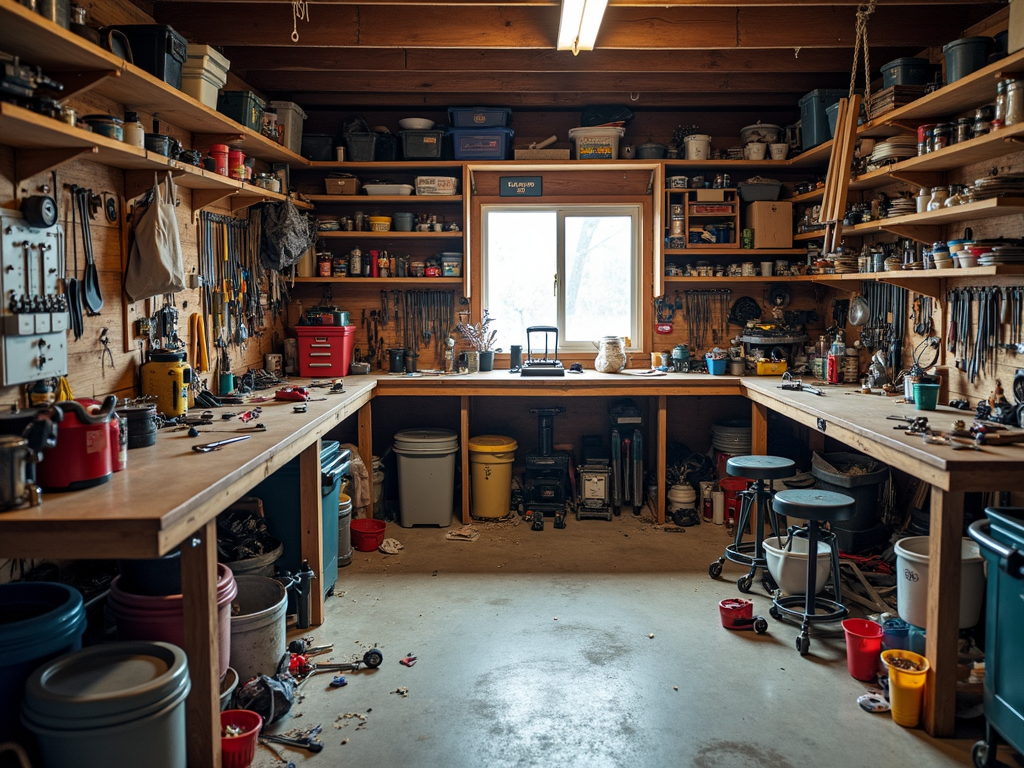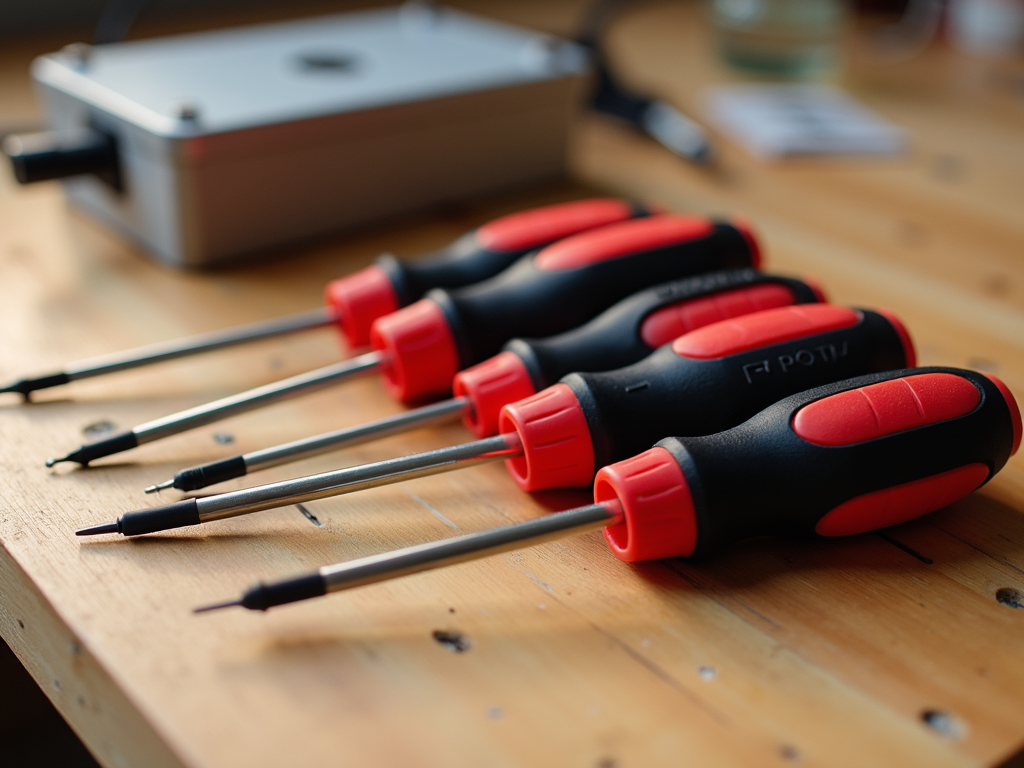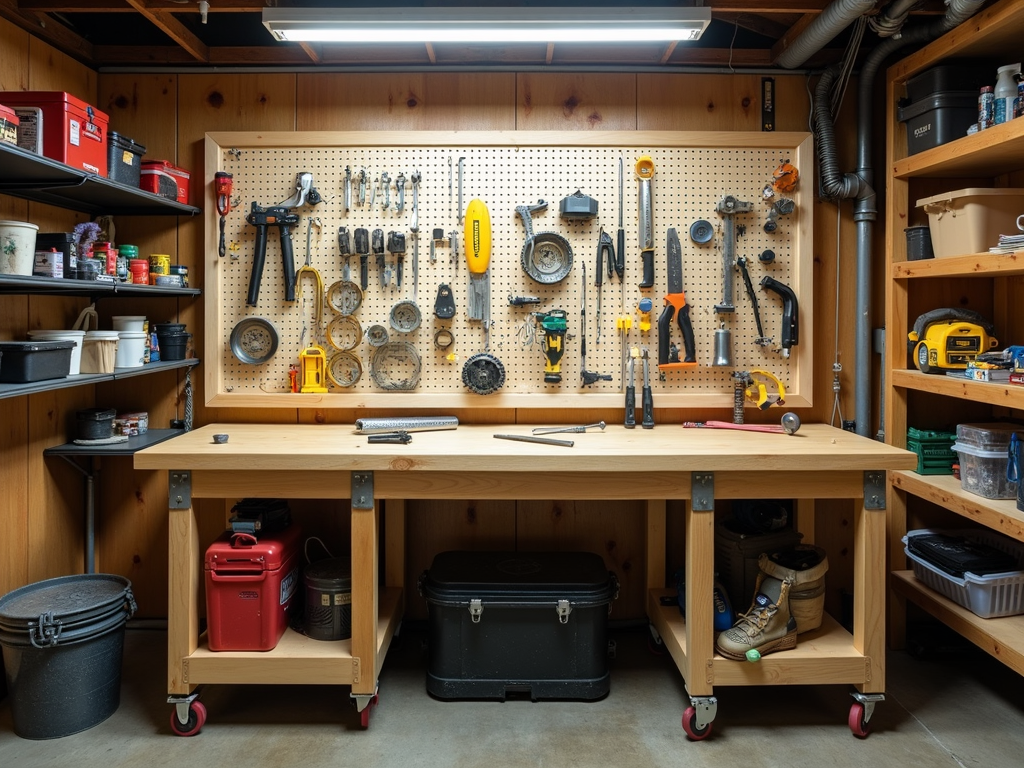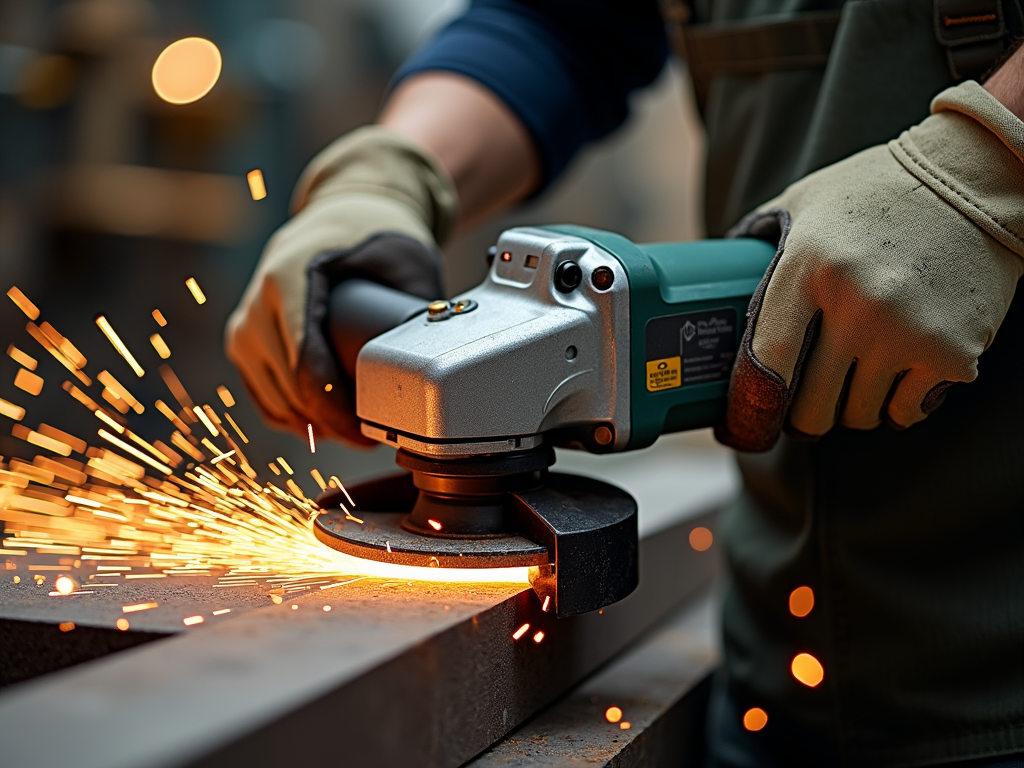Choosing the right socket set is key for anyone who loves DIY projects or works as a mechanic. The perfect set makes tasks like automotive repairs smoother and faster. In this guide, we’ll walk you through how to pick a socket set that fits your needs, looking at things like the work you’ll do, socket sizes, materials, and brands. Plus, we’ll cover why good toolboxes matter for keeping your tools safe and organized.
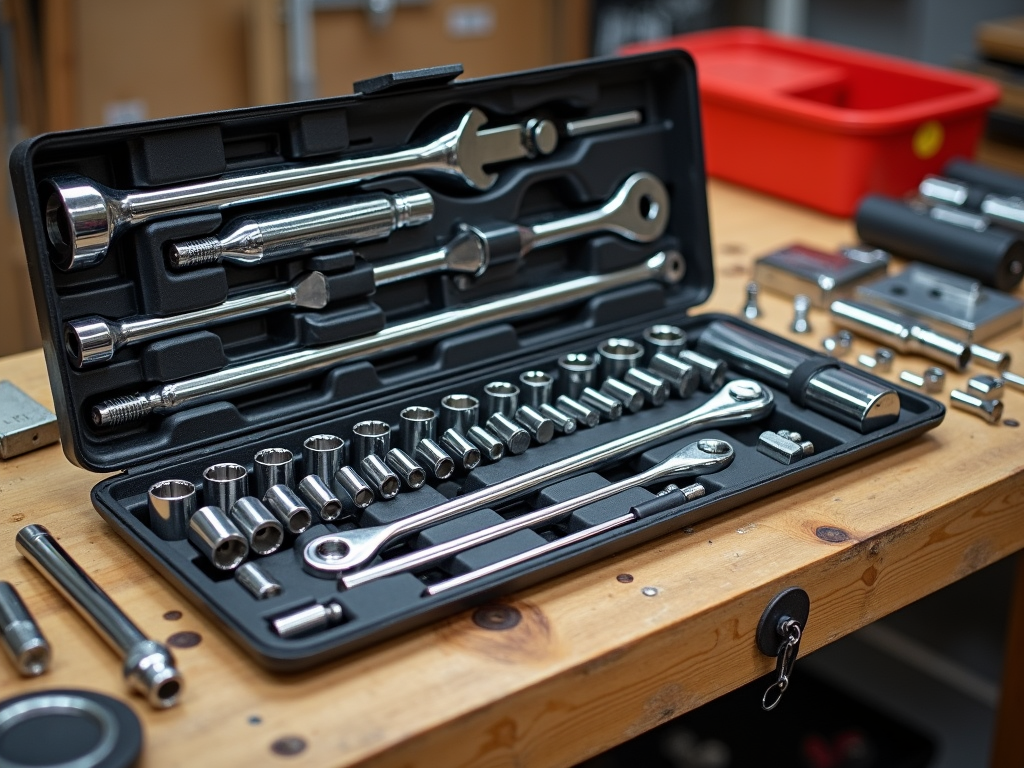
A socket set is a handy kit filled with sockets, ratchets, and extras that help you tighten or loosen bolts and nuts. It’s a must-have among workman tools for automotive repairs, building projects, and more. With so many sizes and types out there, picking the right one can feel tricky. Don’t stress—we’ve got your back with this step-by-step guide.
To find the best socket set, you need to think about a few important things. Let’s break them down so you can make a smart choice.
First, consider the type of work you’ll tackle. If you’re fixing cars, you’ll want sockets that match the bolts and nuts found in engines or wheels. For tougher jobs like construction, go for impact sockets that can handle serious power without breaking.
Next, think about socket sizes. Sets come in metric (millimeters) or SAE (inches) measurements. Pick one with a range of sizes that fit your projects. A solid set covers small to large bolts so you’re ready for anything.
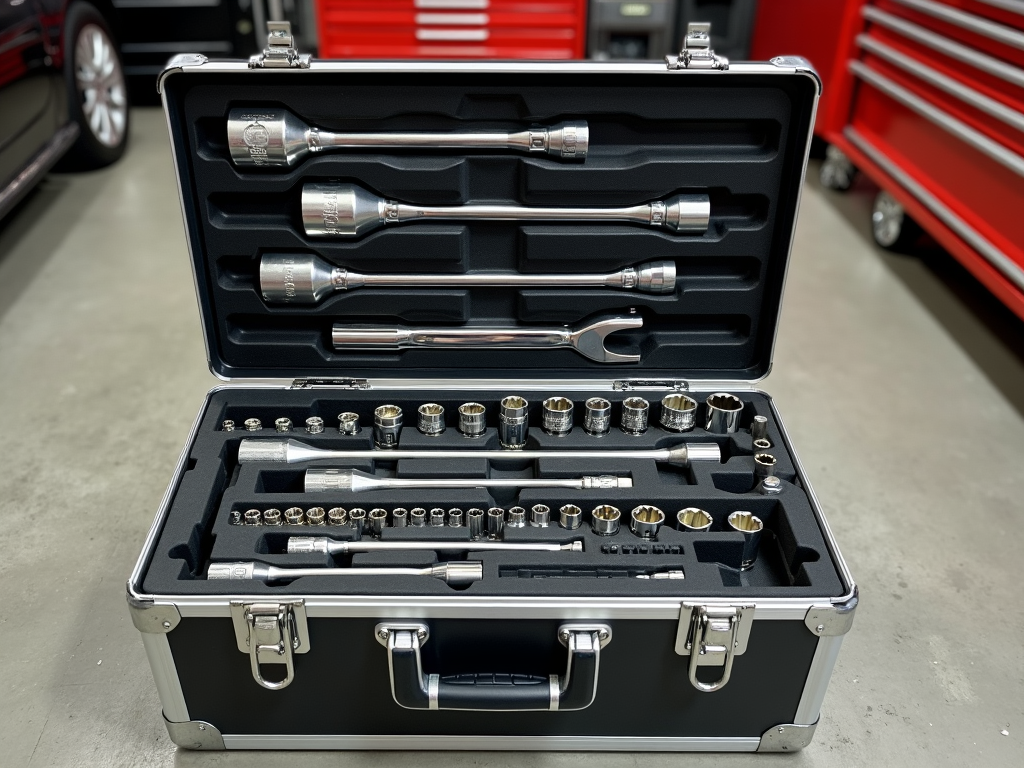
The material of your sockets matters too. Most top-notch ones are made from chrome vanadium steel. It’s strong and lasts a long time. Cheaper sets might use weaker stuff that cracks or wears out fast—steer clear of those.
Brand is another big deal. Stick with trusted names like Craftsman, Stanley, or Snap-on. They cost more, but you get reliable workman tools and often a warranty to back them up. Quality beats cheap every time.
Once you’ve got your socket set, store it right. Good toolboxes keep everything in order and safe from rust or damage. Look for one with slots or trays made for sockets—it’s a game-changer for staying organized.
I’ve learned this the hard way. Years ago, I grabbed a cheap socket set for an engine fix. The sockets slipped, rounding off bolts and leaving me stuck. After switching to a quality set, everything changed. The fit was perfect, the ratchet clicked smoothly, and the job felt fun instead of frustrating.

There’s more to think about when picking a socket set. A few extra details can make a big difference in your choice.
Sockets come in 6-point or 12-point styles. 6-point sockets grab bolts tighter, perfect for heavy jobs without slipping. 12-point ones are more flexible, fitting different bolt shapes, but they might not hold as well. I stick to 6-point for most tasks—they’ve never let me down.
Check the ratchet too. A quick-release button lets you swap sockets fast. Also, more teeth in the ratchet mean smoother turns, which helps in tight spots. It’s a small thing that makes work easier.
Look for a lifetime warranty. It shows the maker trusts their product. If a socket breaks, you’re covered—no hassle, no extra cost. Peace of mind is worth it.
When I started fixing cars, I didn’t know much about socket sets. I bought a bargain set, and it fell apart fast—cracked sockets, wobbly ratchet. Then I splurged on a good one. The difference? Night and day. It’s lasted years, and I tell everyone: spend a little more for tools that last.
In short, picking the right socket set means looking at your work, socket sizes, material, brand, and extras like point styles or warranties. A great set saves time and headaches, while a bad one wastes both. Pair it with a solid toolbox, and you’re set for success.
Related How to Choose the Right Socket Set:
- The Ultimate Guide to Toolboxes for Every Need
- Picking the Best Electrical Tools for Home Projects
- Choosing the Right Tools for Your Plumbing Needs: A Comprehensive Guide
- How to Clean and Maintain Your Workman Tools
- Mastering the Mallet: A Guide to Perfect Hammering Techniques
- Ergonomic Workman Tools for Comfort: Enhancing Your Workday with Electrical Tools
- Essential Workman Tools for Beginners: A Comprehensive Guide
- Guide to Jewelry Making Tools: Everything You Need to Know
- The Ultimate Guide to Safe Tool Storage
- Top 10 Electrical Tools Every Homeowner Needs
- DIY Workbench Plans for Small Spaces: Maximize Your Workshop Efficiency
- Power Tools for Metalworking: Your Ultimate Guide
